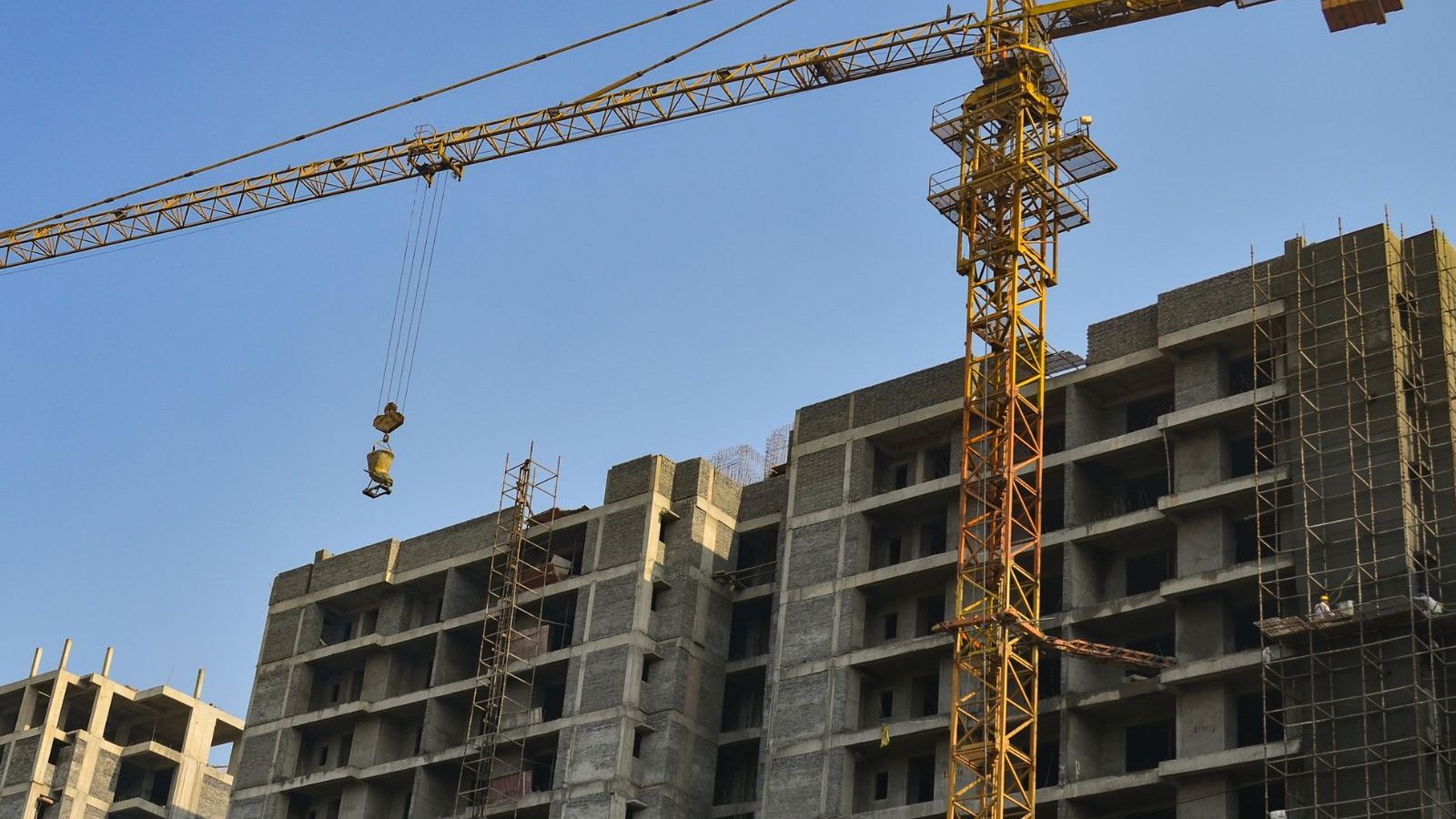Looking Back at 2022 and Making Projections for 2023 Ahead Of Budget
Even as the Budget 2023 is just around the corner waiting for steps to boost the economy, the Indian real estate industry has exhibited resolute resilience towards geopolitical disruptions faced in 2022. Even as global markets were besieged with volatilities in the face of uncertainties, the time-tested Indian realty sector inspired much confidence in investors. Buoyed by positive market sentiment, the Indian real estate sector sustained a steady demand momentum through the year.
While, quarterly home sales in India’s seven most populated cities increased by 71 per cent to 99,550 units in the first quarter of 2022, the Delhi-National Capital Region market alone saw the biggest year-on-year increase in new house sales, which surpassed 123 per cent in the first half of 2022. With a young millennial population, rising household median incomes, and exponential urbanization, industry experts are confident that this trend will stabilize further and continue to grow in the coming year.
Indian Real Estate – The Engine that Drives the Indian Economy
Every rupee invested in the Indian real estate sector directly adds to the Indian GDP. As the engine of the Indian growth story, the real estate sector has received lucrative subsidies from the Indian government. Even when other key sectors have slowed and staggered, the Indian real estate sector with its robust structural core continues to outshine and register rising demand quarter-on-quarter. As the government lowers the stamp duty on properties, makes home loans more affordable, the Indian real estate market is poised to break new ground and continue its upward trajectory through 2023.
Additionally, the Reserve Bank of India (RBI) understands that the economy is on a virtuous upward cycle and is meticulously managing its repo and reverse repo rates to ensure that there is liquidity in the market. This cash infusion is part of the central bank’s strategic roadmap to stimulate sustainable economic growth and attract foreign direct investments into the real estate sector in the perceivable future. Such measures are sure to drive qualitative and quantitative growth across all residential asset classes.
Gurgaon Emerges as the Bastion of Real Estate Growth in India
As capital markets forecast India to grow close to 7 per cent this year, the positive market sentiment is likely cascade across the real estate sector into the next year. This is likely to promulgate demand across not just the residential real estate sector, but also the commercial segment. Even as the residential sector witnessed a commendable growth in 2022, retail commercial real estate sector contributed its fair share to this surging growth.
Through various stages of development, the Indian retail real estate industry has evolved and matured to become one of the most dynamic and rapidly evolving bulwarks of the Indian economy. The primary drivers of this growth story include a paradigm shift in consumer buying patterns and expectations. In the wake of the pandemic, people have money to spend and the commercial real estate developers are anticipating the pent-up demand to translate into the emergence new micro-markets that will further bolster the market’s yearlong steady comeback. The quintessential example of this is witnessed with Gurgaon emerging as the ‘Millennium City’.
As India’s fastest growing real estate hub, Gurgaon has been built to become the home for India’s industrial and financial aspirations. The influx of massive FDI in the city has seen a meteoric rise in logistical interconnectivity through the construction of new infrastructure such as highways, airports and metros, which in turn has encouraged the largest businesses from around the world to set up shop in Gurgaon. Furthermore, the city has a thriving metropolitan culture and social ecosystem, which is highly conducive for startup firms to flourish.
With over 1,500 million-dollar startups calling the city home, Gurgaon is a magnet for investment. This soaring entrepreneurial culture has directly led to the growth of the commercial retail real estate sector. Consequently, some of the most highly coveted real estate properties in India were sold in Gurgaon’s micro-markets, Sector 89, Sector 106, and Sector 62. As a result, property values in Delhi-NCR area have increased by over 9% annually.
Projections for 2023 – Looking Towards a Brighter Tomorrow
While the housing segment will undoubtedly continue to spur growth, the real estate sector is well poised to record its best year with residential sales rising by an unprecedented 51 per cent post pandemic. Even in phases of uncertainty and global turbulence, the Indian real estate sector has instilled faith in the Indian economy.
Catering to the next generation of millennial homebuyers, the real estate sector is driven by innovation and digital transformation in every facet of its modus operandi. In the coming year, the Indian real estate sector will play a major role, as it is responsible for creating massive employment opportunities both directly as well as indirectly through its allied and auxiliary industries. This would in turn have a cascading effect to further increase the demand for residential housing, as more and more people will enter the housing market in 2023 than any year before.
The combination of a strengthening Indian economy, a return to pre-pandemic working conditions, and supportive government programs has created a highly favorable climate for the future growth of the real estate market. In the panoramic scheme of things as the Indian economy continues to prosper, the real estate sector has a bright prospect to look forward to in the coming year.
(The author is joint managing director of Paras Buildtech)
Read all the Latest Business News here
For all the latest business News Click Here

